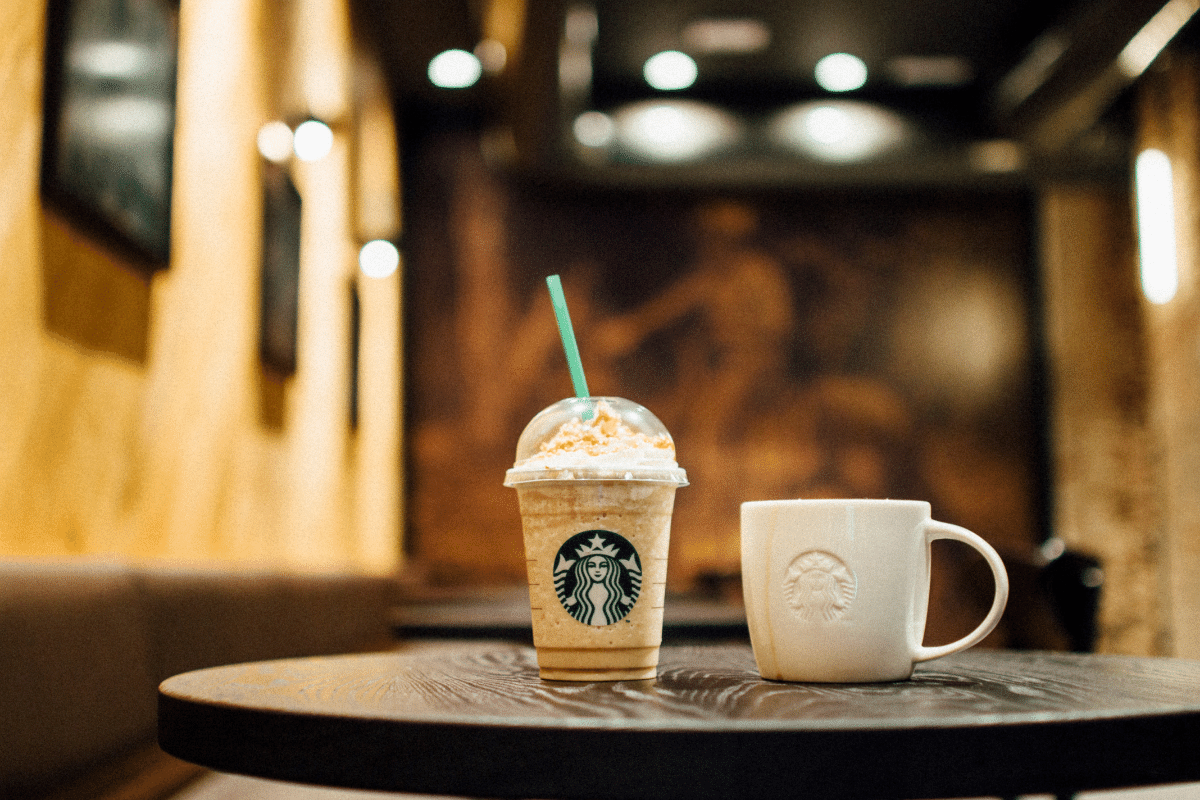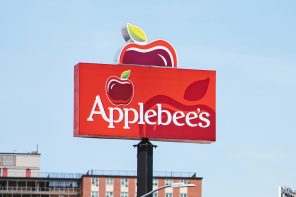Starbucks is expanding its 'Greener Store' programme to China this month with a new 'planet positive' design that will reduce waste, reuse, and repurpose materials.
The coffee chain first announced its plan to develop its Greener Store units in partnership with the World Wildlife Fund in 2018. Now, Starbucks has more than two thousand Greener Stores in the U.S. and Canada, and aims to reach 10,000 globally by 2025.
The greener stores were designed to use 30 percent less energy than prior units - an amount Starbucks said equals the annual electricity use of more than 30,000 homes. Greener Stores also reduced water use by 30 percent.
As part of the Greener Store effort, Starbucks also invested in renewable energy. Earlier this year, it installed a 1-megawatt solar array at the Carson Valley Roasting Plant and Distribution Centre - one of the chain's largest roasting sites. The solar energy would provide approximately one-third of the facilities electric needs.
Andy Adams, Starbucks' senior vice president, said designing and building the Greener Stores had proven not only responsible but also good for the business.
The new experimental Greener Store in Shanghai - the first to open outside North America - would focus on circularity, or reducing, reusing and recycling.
Company officials said about half the Greener Store interior will be recycled, upcycled or biodegradable, and include reclaimed wood from the renovation of other Starbucks stores.
Paper receipts and menus will be replaced with digital options. Reusable cups will be standard issue rather than single-use.
More than half the menu will be plant-based, with oat milk as the default for most beverages.
The iconic green aprons worn by staff will be made from former Starbucks cups. The company is planning to open two more Greener Stores in Southern California and Seattle. The goal is to extend sustainability to future units operated by licensees and joint partners, the company said. The international expansion programme will continue to Japan, the U.K and Chile.
Other sustainability measures are in place in 90 percent of the company-operated units, including recycling, composting, offering Grounds for Your Garden to consumers to compost at home, and Starbucks FoodShare, which diverts unsold menu items to food banks.






